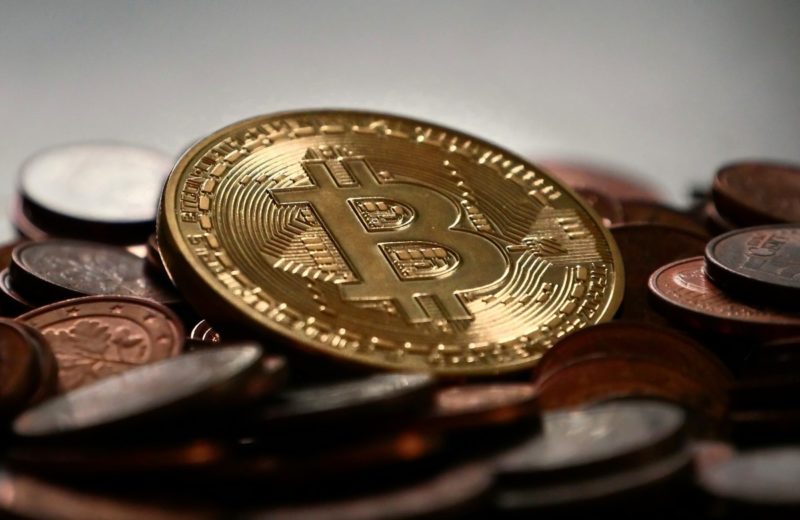The IMF Board of Directors considered the research “Elements of Effective Policies for Crypto Assets” (“Elements of Effective Policies for Crypto Assets”), which gave IMF member countries insight into what might be an appropriate legislative response to crypto assets, writes Reuters.
Following the collapse of numerous crypto exchanges and assets in the past few years, the fund said that efforts to regulate digital assets had become a priority for authorities.
The most important recommendation is to “preserve monetary sovereignty and stability by strengthening the monetary policy framework and not to grant official currency or legal tender status to crypto-assets.”
The IMF criticized El Salvador in late 2021 when the Central American country became the first to adopt Bitcoin as a legal tender. The Central African Republic has since adopted cryptocurrencies as a means of payment.
Another item on the list includes protecting against excessive capital inflows, adopting unambiguous tax rules and laws related to crypto assets, and establishing oversight for all participants in the crypto market.
Countries should also create international arrangements to improve oversight and enforcement of regulations and establish ways to monitor the impact of cryptocurrencies on the stability of the global monetary system, the IMF added.
Binance Suspends Dollar Transfers
The company said that 0.01 percent of their active monthly users used dollar bank transfers and added that they are “working hard” to get the service up and running again as soon as possible.
Binance US, a subsidiary of the company that falls under the jurisdiction of the US Department of the Treasury’s Financial Crimes Enforcement Network, said in a tweet that it was not affected by the suspension, CNBC reported. From this, they concluded that the move by the Binance exchange only applies to non-US customers who transfer money to or from dollar bank accounts.
















